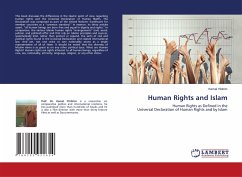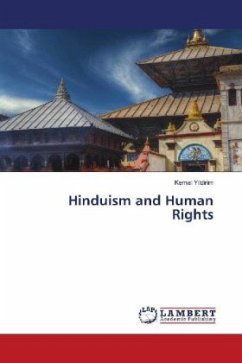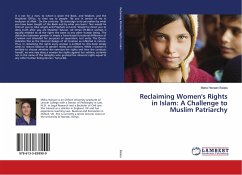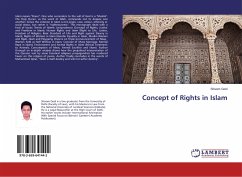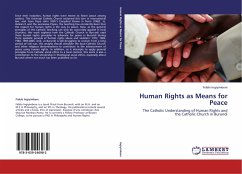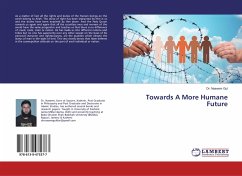This book discusses the differences in the Islamic point of view regarding human rights and the Universal Declaration of Human Rights. The Declaration was composed as part of the United Nations' framework for member countries as a "common standard." In essence, its thirty articles assert, "all human beings are born free and equal in dignity and rights." In comparison, the various Islamic human rights "arrangements" (civil, social, judicial, and political) offer and that rely on Islamic principles and sources, systematically limit, rather than protect or expand, the sorts of civil and political rights found in the Universal Declaration and related international law. And yet, not one voice or one nationality serves as a single representative of all of Islam. It should be noted that the diversity of Muslim views is as great as on any other political issue. What are Human Rights? Human rights are rights inherent to all human beings, regardless of race, sex, nationality, ethnicity, language, religion, or any other status.
Bitte wählen Sie Ihr Anliegen aus.
Rechnungen
Retourenschein anfordern
Bestellstatus
Storno

